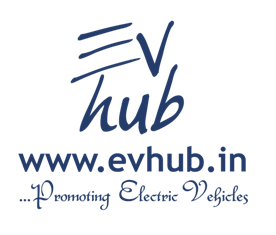The recent high-profile acquisition of a small electric car company by an auto giant seems to have electrified the industry, which has been experiencing robust growth. As the world seeks solutions to high polluting and increasingly expensive fossil fuel transportation,electric vehiclescould offer a viable solution.
"But where is the electricity?" people ask as they grapple with power cuts in the midst of a scorching summer. Whether it makes the power availability worse when everybody plugs their car into their home is a legitimate worry.
Why would theDelhi governmenteven consider deploying electric vehicles with these constraints? In March this year, Delhi chief ministerSheila Dikshitdiscussed a plan to promote electric vehicles (EVs) as a mode of transport. Along with promoting efficient public transport, this could be an appropriate solution to increasing urban air pollution and severe congestion, which is also driving up greenhouse gas emissions and turbo-charging India's fossil fuel import bill.
Given the Indian economy's unhealthy dependence on fossil-fuels, over 70% of which has to be imported, any technology that helps phase out oil-dependent forms of transport should be seriously considered. EVs not only provide cleaner environment, but also reduce the dependency of the transport sector on imports and price volatility of fossil fuels. The energy efficiency of EVs is 46% higher thaninternal combustion engines(ICEs). They also have the potential to reduce carbon dioxide emissions by 13-68% compared to ICEs. With the help of advanced V2G (vehicle-to-grid) technology, deployment of electric vehicles can directly decrease the emissions of carbon dioxide and other pollutants within a vehicle's lifecycle, which will significantly relieve air pollution in cities. Through peak-shaving (sending power back to the grid when demand is high), EVs can also indirectly reduce carbon dioxide emissions.
Read more about this news @ NEWS AND EVENTS IN http://www.evhub.in/news

No comments:
Post a Comment